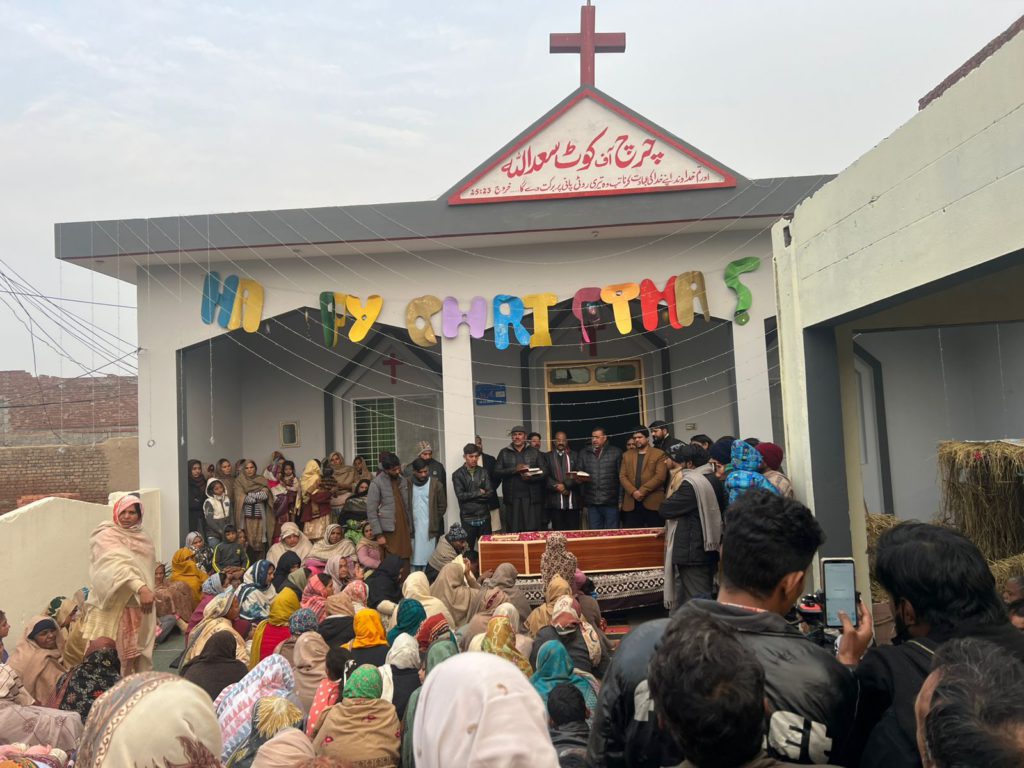The tragic death of Suleman Masih, a 24-year-old Christian, has shocked the local community and once again highlighted the challenges faced by Christians and other religious minorities in Pakistan. Suleman was attacked on 29 December 2024, in Kot Saadullah, Rahawali, Gujranwala, and succumbed to his injuries on 1 January 2025.
According to information provided to the pontifical foundation Aid to the Church in Need (ACN) by the Pakistani priest, Fr Lazar Aslam OFM, Suleman Masih was a very hardworking and entrepreneurial young man. He began his journey collecting waste materials and with a lot of efforts eventually acquired agricultural machinery to work on wheat and rice fields. Over the past year, he achieved considerable success, managing 25 acres of land and owning a vehicle.
However, his success made him a target of hostility due to jealousy. For six months, Suleman endured threats, attacks and harassment, including intentional damage to his machinery and the destruction of his crops. Despite reporting these incidents to the authorities, there was little to no action, leaving him vulnerable to further violence, Fr Aslam tells ACN.
On 29 December, Suleman was brutally attacked and shot, sustaining severe kidney damage. He died on 1 January. Another individual, who was also injured in the incident, initially gave a false statement, under police pressure. However, eyewitness accounts revealed that Suleman was an innocent victim of a deliberate attack.
So far, four of the five attackers have been arrested. However, the main perpetrator remains at large. This case is a reminder of the challenges Christians and other minorities face in Pakistan and the importance of strengthening justice and equality under the law. Aid to the Church in Need has repeatedly reported and denounced this situation.
Fr Lazar Aslam and Suleman’s family call for justice and urge both local and international authorities to take decisive action to protect religious minorities and prevent further acts of violence and social and religious discrimination.
ACN project partner, the Catholic (National) Commission for Justice and Peace (NCJP), visited the victim’s family after the incident and participated in the memorial service on 4 January. After carrying out a fact-finding mission, the NCJP concluded that the incident was “a case of religious discrimination”.


